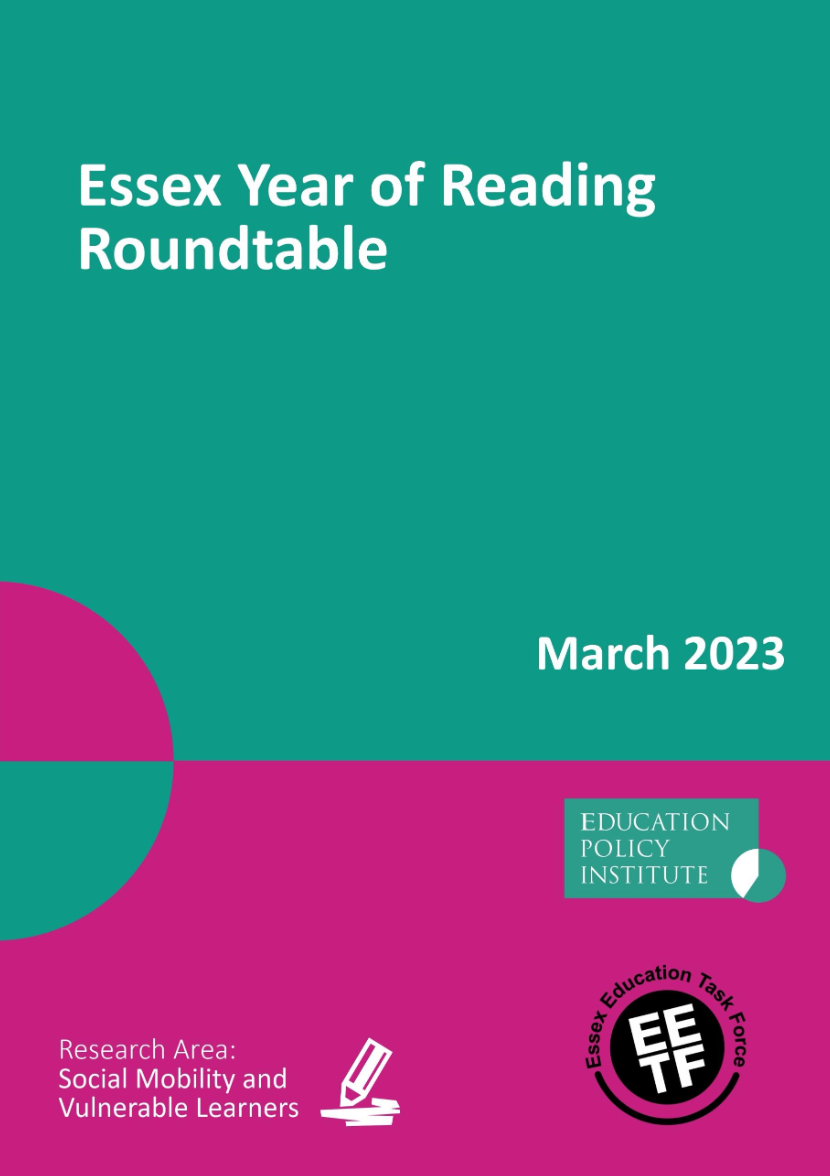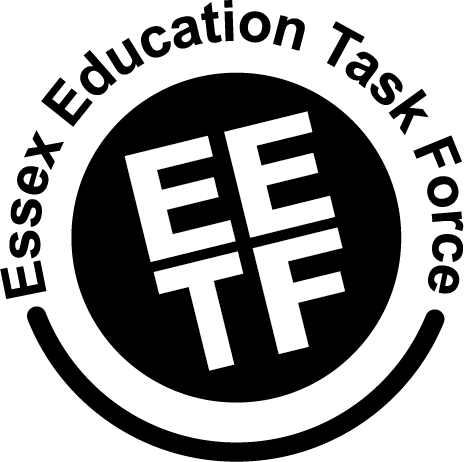The Education Policy Institute chaired a roundtable with headteachers, teachers, special educational needs coordinators, and local authority representatives from across Essex in March 2023, to discuss lessons learned during the Year of Reading and how to carry forward the positive legacy of the programme. This roundtable was held in partnership with the Essex Education Task Force. This review provides a summary of the discussions held.
The Essex Year of Reading
The Year of Reading comprised a number of initiatives, including evidence-based interventions to improve reading skills. The full list of programmes including descriptions is available here. The stated aim of the Year of Reading was for all primary schools to strive for 11-year-old children to attain a ‘reading age’ which matched their chronological age and for all secondary schools to push for pupils at 16+ to read in line with their age; as part of this, schools should track reading ages through primary and secondary. Currently around three quarters of primary and secondary pupils in Essex meet the expected reading standard at key stage 2 and key stage 4 respectively, comparable to the national average.
During the discussion, a number of barriers to implementing reading skills interventions were raised, including:
- Staffing pressures
- Short-term incentives
- Proving the effectiveness of costly interventions
- A lack of focus on early interventions
Next steps for the Essex Education Task Force
- Building the case for implementing interventions using data on impact and long-term cost effectiveness, and for schools to continue to implement effective interventions once the Year of Reading funding runs out. To ensure that the YoR reading skills programmes are targeted effectively and reduce inequalities in education outcomes, the EETF should consider how to recruit schools which have a higher proportion of disadvantaged pupils and may have more significant budget or staff time constraints.
- Considering how to scale up interventions while ensuring that effectiveness is maintained.
- Implementing standardised testing of reading ability across Essex. There was general consensus that a measure of ‘reading age’ was the approach schools should use
You can read the review in full here:

The Essex Education Task Force was established by Essex County Council in April 2021 as an independent body. At the heart of its work across Essex lie Renewal, Equality and Ambition. The two key aims are:
- To minimise the impact of the pandemic on all children and young people as quickly as possible, with a three to five–year overview of phases of regeneration.
- To capture and promote current innovation and best practice across the education system in Essex.
An initial budget of £1.5 million has already been invested in supporting the work of pre–school and early years settings, schools, further education, governors and the voluntary sector. A major investment has focused on launching the Essex Year of Reading 2022.


